Short of Breath - But Not Support
May 18, 2019 – I remember the date because it was the day after my daughter’s wedding – I woke up feeling more tired than usual. You know the feeling. The days you wake up and don’t recognize the time. Like some cruel prankster must have changed all the clocks in my house just so I’d wake up earlier! Since arguing with reality isn’t usually helpful I got up to start my Saturday – the same way I always do, albeit much slower. As I walked towards the bathroom, my legs feeling heavy and tired, I snickered about the thought of an old man, 74 to be precise, dancing the night away at a wedding. Gosh, “I’m too old for this,” I remember chuckling to myself.
I guess, looking back, that was around the time I felt like something was up. I brushed my teeth and my breathing a little more heavy than usual, but I still didn’t make anything of it at the time. I guess you start to connect the dots about all the symptoms you missed after you get sick. Later that day, still noticing my heavy legs and shortness of breath, I tried to climb the steps to my house. That’s when I really got concerned. I was completely out of breath, and the deep breaths I was taking didn’t seem to be helping. I sat down for 15 minutes or so and was finally able to relax enough to call my doctor’s office. But it being late in the afternoon on a Saturday they told me I’d be better off going to the Emergency Room to be evaluated. That’s when I called the ambulance.
When the medic arrived she told me my oxygen was too low, and my legs looked swollen. They took me to Mercy-Fitzgerald ER and they did all the tests you can think of: EKG, X-ray, blood draws, it was never ending! They diagnosed me with “heart failure.” My doctor said it’s why I have swelling in my legs and my lungs filled up with fluid. It took them a couple of days to get the fluid out of me with the water-pills that they gave me, but boy did it work. The first night I was out of bed using the bathroom every two hours!
It took the doctors a couple of days to get my medications right and get me stabilized. The ultrasound of my heart showed that my heart wasn’t pumping hard enough, so they started me on new medications to make sure I didn’t get worse. My new doctors told me that it was probably caused by my high blood pressure. I didn’t realize it at the time, but the diagnosis was going to change my life. I thought that the problem was solved, and I’d take my medications and I’d be okay. I didn’t think about how my new medications, appointments, and follow-up tests could be so consuming.
To make matters worse I only have Medicare coverage. I didn’t buy into any of the supplemental programs, mostly because I can’t afford it. I live on a fixed income. So, it goes without saying that I was pretty concerned about that hospital bill coming in the mail.
When I got home, I felt a ton better – I didn’t realize how limited I had been. I wasn’t dancing or attending parties every night, but I could walk without getting winded and the swelling in my legs was essentially gone. It was about two weeks after I got out of the hospital that the dreaded letter from Mercy came – well, kind of. The letter I did receive wasn’t actually a bill. And the feeling you get when you receive bills in the mail that you might not be able to afford, well, that feeling went away fairly quickly.
The letter I got was from Mercy and an organization called “BDT” (Benefits Data Trust). It said that I was most likely eligible for assistance through programs that were already in place. I really didn’t believe it at first (I will admit that I did ask my daughter to do some searching and make sure that it wasn’t some sort of a scam). But it turns out that there actually are assistance programs to help older members of the community (people just like me) afford my medications.
When I did call, I was still a little suspicious (I hope the nice gentleman who helped me forgives my barrage of questions) so I asked how they had all of the information about my hospitalization that they needed to get me enrolled so quickly. Come to find out, an organization called HealthShare Exchange connects Mercy-Fitzgerald with BDT so they can help people like me! During our call, they navigated me through the process. It was painless and seemed to happen without much effort from me. I guess the hospital speaks with the benefits people (BDT) that are experts in speaking to state programs – PACE and PACENET – that can help people afford their prescriptions. It was a tremendous weight off of me, like I finally caught a break – my breath.
About the HealthShare Exchange DASH-CIC START project
HealthShare Exchange is an awardee of the DASH CIC-START program, which aims to help local collaborations catalyze their efforts to share and use multi-sector data to improve community health. The project is leveraging the Admission, Discharge, and Transfer (ADT) feeds from providers to connect uninsured and underinsured older adults to social service programs in Philadelphia, PA.
As a DASH CIC-START awardee, HealthShare Exchange is also participating in All In: Data for Community Health—a learning collaborative of 150+ communities across the country working to merge data from multiple sectors to better understand and address health challenges. Visit allindata.org to learn how you can get involved.

